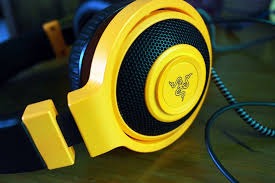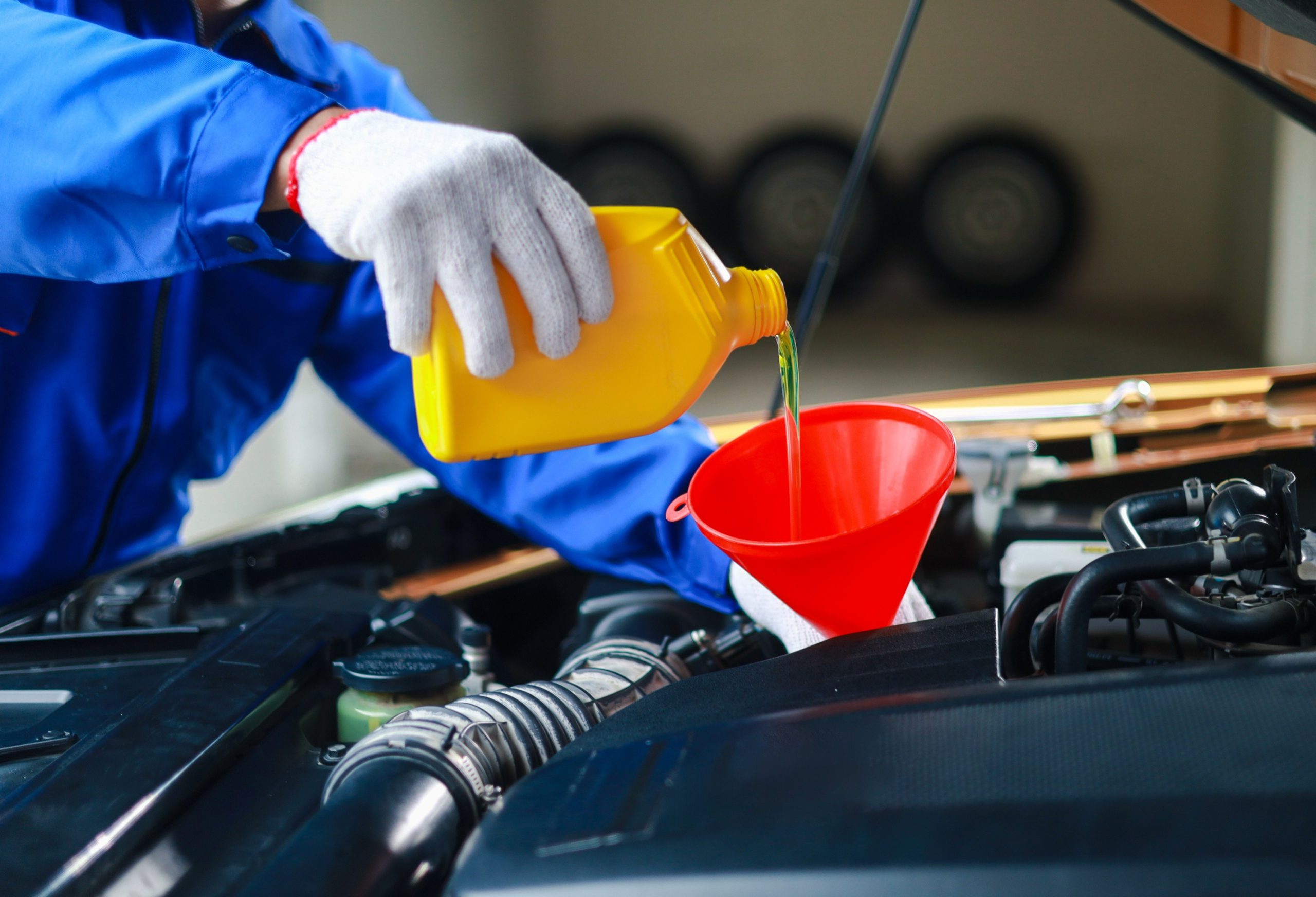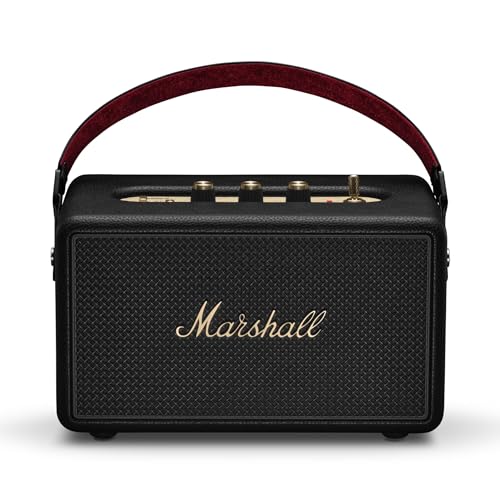The trade war escalation with China has finally reached American store shelves. Major retailers have received their last significant shipments from Chinese factories until the tariff situation resolves, creating a narrowing window for consumers to secure essential products. Supply chain experts confirm inventory depletion will accelerate dramatically through June.
The smart money moves now, not later.
10. Electronics and Tech Accessories

The tech supply chain is about to hit a brick wall. Shipments of electronics from China have plummeted dramatically, creating a ticking clock for anyone needing gadgets or accessories. Major retailers might have buffer stock until late June, but after that, expect barren shelves and inflated prices that would make even Apple blush.
Skip the big-box markup and check Monoprice or AliExpress while shipping still functions. Anker PowerCore batteries at $29.99 offer 3x the value of comparable Best Buy options. When shortages peak, finding that specific laptop charger or the latest futuristic tech gadget will feel like hunting for affordable concert tickets – act now while smaller retailers still have inventory.
9. Affordable Clothing and Footwear

The fashion pipeline from China to American closets is effectively frozen. With new tariffs halting apparel orders and sailings canceled on critical shipping routes, discount stores will feel the pinch first. By June, expect significant gaps in clothing inventory.
Remember those empty clothing racks during early pandemic days? That sequel is coming soon. TJ Maxx and Ross still have decent inventory while department stores price-gouge at 40% markups for identical items. Stock up on work wear and kids’ basics at outlet stores now before selection shrinks faster than a cotton T-shirt in hot water.
8. Children’s Products and Toys

Parents, consider this your early warning system. Toys, games, and back-to-school supplies face imminent shortages with peak summer demand approaching and no restocking in sight. The timing couldn’t be worse with summer break and birthday season arriving simultaneously.
What makes this particularly challenging is the inability to substitute many kid-specific products. When a child needs a specific size or type of item, “Sorry, we’re out” doesn’t solve the problem. Smart parents are already quietly building reserves of art supplies, activities, and essential kid gear.
7. Household Maintenance Supplies

When the sink leaks or the door hinge breaks, you’ll want parts on hand. Tools and home repair items from China have dropped sharply in shipments, with retailers reporting dangerously low inventory levels. By July, finding specific replacement parts will become an exercise in frustration.
Focus acquisition efforts on filters, basic tools, and maintenance materials. That obscure replacement part for your vacuum or washing machine? Better grab it now before it joins the endangered products list. Home maintenance doesn’t pause for supply chain disruptions.
6. Over-the-Counter Medications

Health needs don’t conveniently wait for supply chains to recover. Pharmaceutical components and finished medications face significant disruption as manufacturing shifts away from China. The smart move is to build a modest reserve of your family’s regularly used medications.
Skip name brands and go straight for store generics with identical active ingredients at lower prices. Costco’s Kirkland and Amazon’s Basic Care lines offer the best value-to-quality ratio for pain relievers and allergy medications. Store medications properly in cool, dry places to maintain effectiveness.
5. Specialized Food Products

While America won’t run out of food, specific imported items will disappear temporarily. Chinese perishables and specialty foods will vanish from shelves by June, with limited alternatives available. The panic buying that stripped pasta aisles bare during COVID offers a preview of what’s coming.
Canned goods, pasta, and shelf-stable foods with long expiration dates make sensible additions to your pantry now. Store properly in airtight containers to maximize shelf life. The goal isn’t doomsday prepping but creating a modest buffer against temporary scarcity and price spikes.
4. Emergency Power Solutions

Power banks, portable generators, and solar chargers are crucial survival gadgets that are about to become the hottest products not on shelves. These critical backup power devices rely heavily on Chinese manufacturing and components that are already facing shipping delays.
Don’t fall for the marketing hype on $2000+ Bluetti units when the Jackery Explorer 500 at $499 delivers identical performance for most households. For cooling solutions, the EcoFlow Wave 3 delivers 6100 BTUs without requiring a grid connection. Use price trackers like CamelCamelCamel to spot predatory pricing as inventory tightens – retailers already marking up 15-20% on these essentials.
3. Vehicle Maintenance Parts

Your car won’t sympathetically wait for trade relations to improve before breaking down. Auto parts from China face imminent supply disruptions, with replacement parts for common vehicles likely to become scarce by mid-summer. The automotive supply chain was already stressed before these new tariffs.
Skip dealership markups of 200-300% and head to RockAuto.com for OEM-equivalent parts at a fraction of the cost. Oil filters ($5-8) and wiper blades ($12-20) should top your list. Nothing compounds car trouble like hearing “that part is on backorder for eight weeks” while local shops price-gouge desperate customers.
2. Smart Home and Security Devices

That doorbell camera or smart thermostat you’ve been considering? The window for easy acquisition is closing fast. Smart home devices rely heavily on Chinese manufacturing and electronics components, now facing severe shipping constraints.
Security cameras, sensors, and home automation products will see inventory depletion by July. For families already invested in smart home ecosystems, ensuring you have the necessary replacement parts and backup devices makes practical sense before shortages peak during late summer.
1. Personal Financial Preparedness

While not something to stockpile physically, financial readiness deserves equal attention. Economic experts predict significant price inflation across multiple categories as shortages intensify. Creating or strengthening emergency funds now provides crucial flexibility later.
Avoid the bloated APYs of traditional banks and look to online-only options like Ally and SoFi for emergency funds that keep pace with inflation. Smart consumers are building reserves covering 3-6 months of essentials through automatic transfers from each paycheck. When prices surge or income becomes uncertain, these reserves become as valuable as any physical preparation.




























